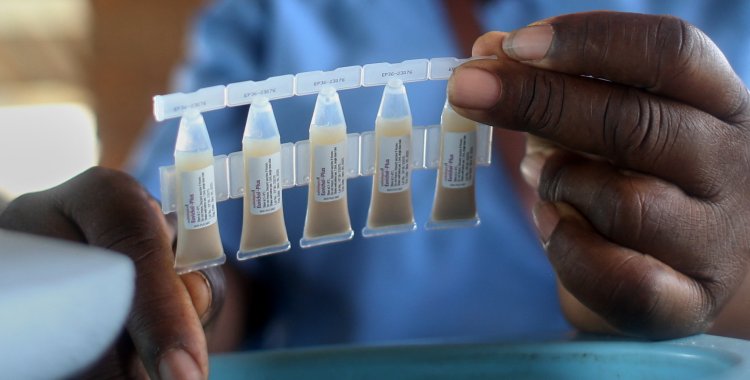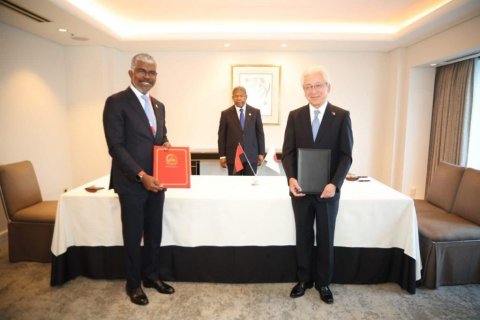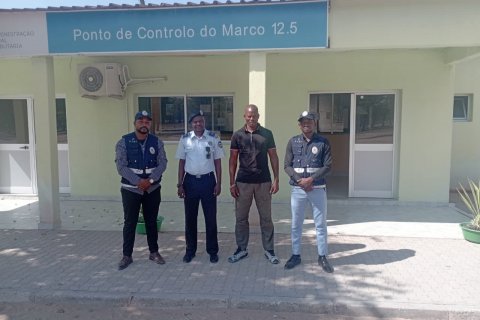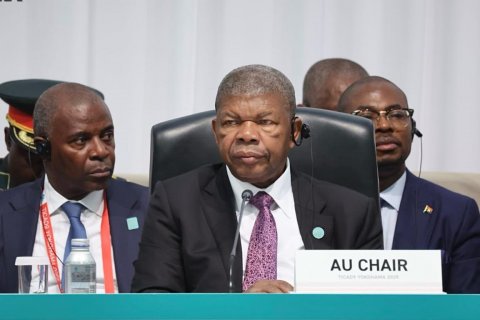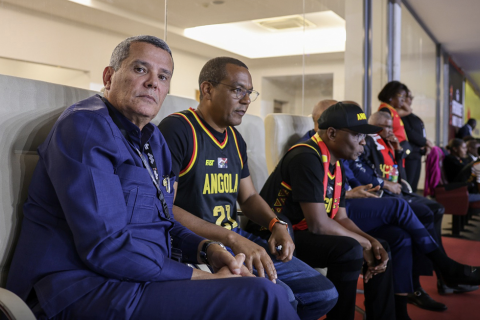Since the outbreak began on January 7, 1584 cases and 59 deaths have been recorded in the country due to the disease, which currently affects eight provinces (Luanda, Bengo, Icolo and Bengo, Cuanza-Norte, Huambo, Huíla, Malanje and Zaire). , according to a statement from the ministry.
According to the Minister of Health, Sílvia Lutucuta, quoted by Jornal de Angola, due to the reduced stock of vaccines against cholera in the world, the campaign will only be implemented in the major epicenters of the epidemic.
On January 20, Angola received 948,466 doses of vaccines that are part of the World Health Organization's (WHO) global reserve stockpile for responding to cholera epidemic outbreaks.
Sílvia Lutucuta said that there are eight million doses in reserve and less than one million doses have been made available to Angola, and the communities to be vaccinated were selected “based on epidemiological criteria”.
The ministry has mobilized 6,104 people for the campaign, including vaccinators, mobilizers, registrars, supervisors and local personnel who will be supported by members of the defense and security agencies.
The vaccine to combat cholera in Angola has the commercial name Euvichol and is supplied in vials to be administered to people aged one year or over orally in a single dose.
According to the Minister of Health, the vaccine guarantees the protection of the affected community and, consequently, the interruption of the transmission of the disease with an efficacy of up to 80 percent.
To combat the disease, the Ministry of Health outlined other contingency measures, such as access to drinking water, food safety and hygiene, sanitation and environmental hygiene, active epidemiological surveillance, risk communication and community involvement.

